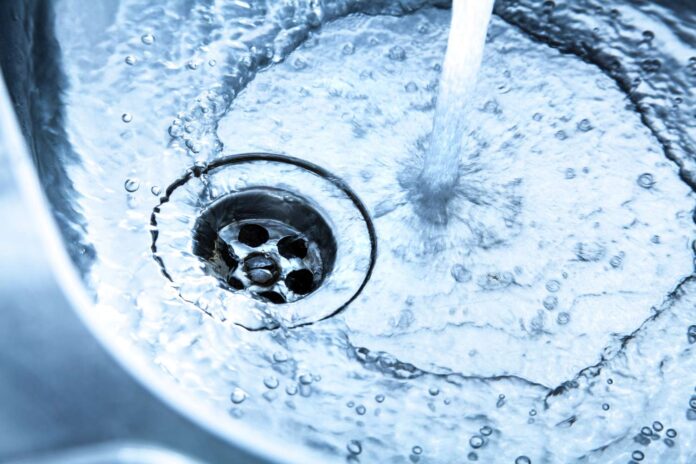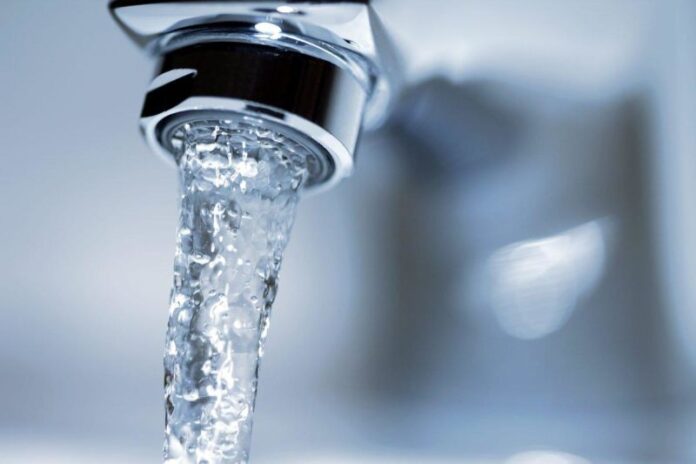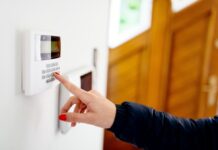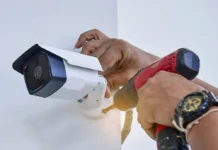Leaking pipes and faucets can be annoying. They can waste water, damage your walls and floors, and increase your water bill. If left unchecked, leaks can lead to more serious problems, such as mold growth, structural damage, and flooding. Fortunately, preventing leaks at home doesn’t have to be complicated or expensive. In this article, you’ll learsn four easy ways to keep your plumbing system in top shape.
1. Check For Leaks Regularly
The first step to preventing leaks is to know where to look for them. Take a few minutes every month to inspect your plumbing fixtures and appliances for signs of leakage. Look for water stains, puddles, drips, and sounds of running water that shouldn’t be there. Check under sinks, around toilets, behind washing machines, and other areas where pipes and hoses connect. If you notice any leaks, no matter how small, don’t ignore them. Even a slow drip can waste hundreds of gallons of water annually and cause hidden damage. Instead, fix the leak as soon as possible or call a plumber to do it for you.
2. Maintain Your Plumbing System

Preventive maintenance is key to keeping your plumbing system in good condition and avoiding leaks. Here are some simple tasks you can do regularly to keep your pipes and fixtures clean and functional:
- Clean your drains and gutters from debris and tree roots that can clog them and cause backups.
- Flush your water heater once a year to remove sediment and improve its efficiency.
- Replace worn-out washers, O-rings, and gaskets in faucets and valves to prevent leaks.
- Insulate your pipes in cold areas to prevent freezing and bursting.
- Use drain strainers and garbage disposals properly to avoid clogs and overflows.
- Test your water pressure periodically and adjust if needed to avoid stressing your pipes and appliances.
By following these tips, you can extend the lifespan of your plumbing system.
3. Upgrade Your Fixtures And Appliances
Old or inefficient plumbing fixtures and appliances can not only waste water but also increase the risk of leaks. If your faucets, showerheads, toilets, or washing machine are over a decade old, consider replacing them with newer models with better water-saving features and leak protection.
4. Be Mindful Of Your Water Usage

One of the best ways to prevent leaks and save water is to be aware of how much water you use and how you use it. Here are some tips to help you reduce your water consumption and minimize the risk of leaks:
- Don’t let faucets or showers run unnecessarily; turn them off while brushing your teeth or shaving.
- Use a bucket or a hose with a shut-off nozzle to wash your car or water your plants.
- Fix any running toilets or dripping faucets as soon as possible.
- Don’t overload your washing machine or dishwasher; run them only when full.
- Don’t pour grease, oil, or food scraps down the drain, as they can clog the pipes and cause backups.
These tips will help you reduce the strain on your plumbing system and improve its efficiency.
Summing Up
Preventing leaks at home is not only a matter of convenience and aesthetics but also a matter of sustainability and safety. By following these four simple ways to prevent leaks, you can save money, conserve water, and protect your home from costly and damaging plumbing problems. If you need a plumber’s help, don’t hesitate to call a professional who can diagnose and fix the issue before it gets worse. With a little effort and awareness, you can keep your plumbing system in top shape and enjoy a leak-free home.




